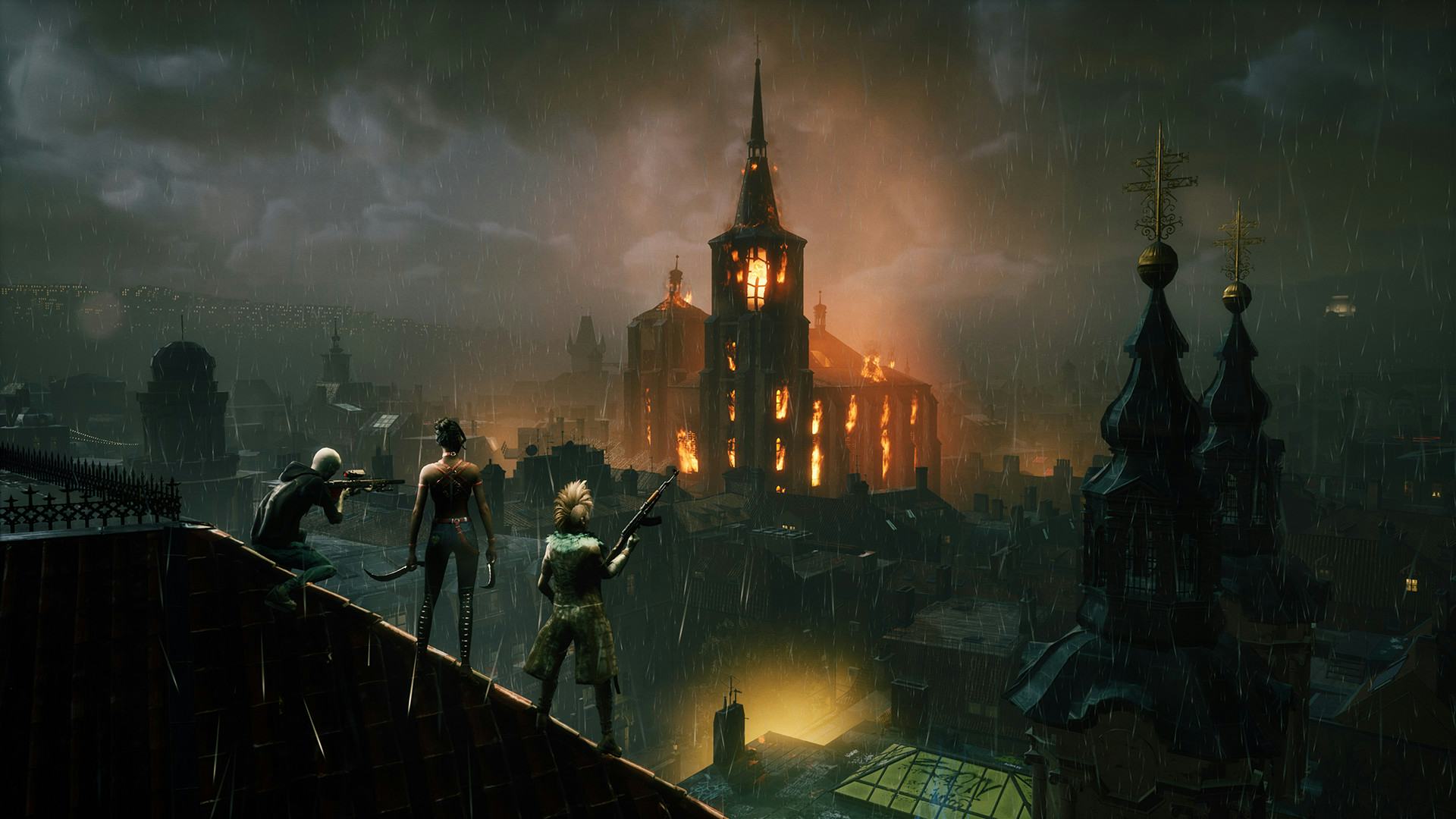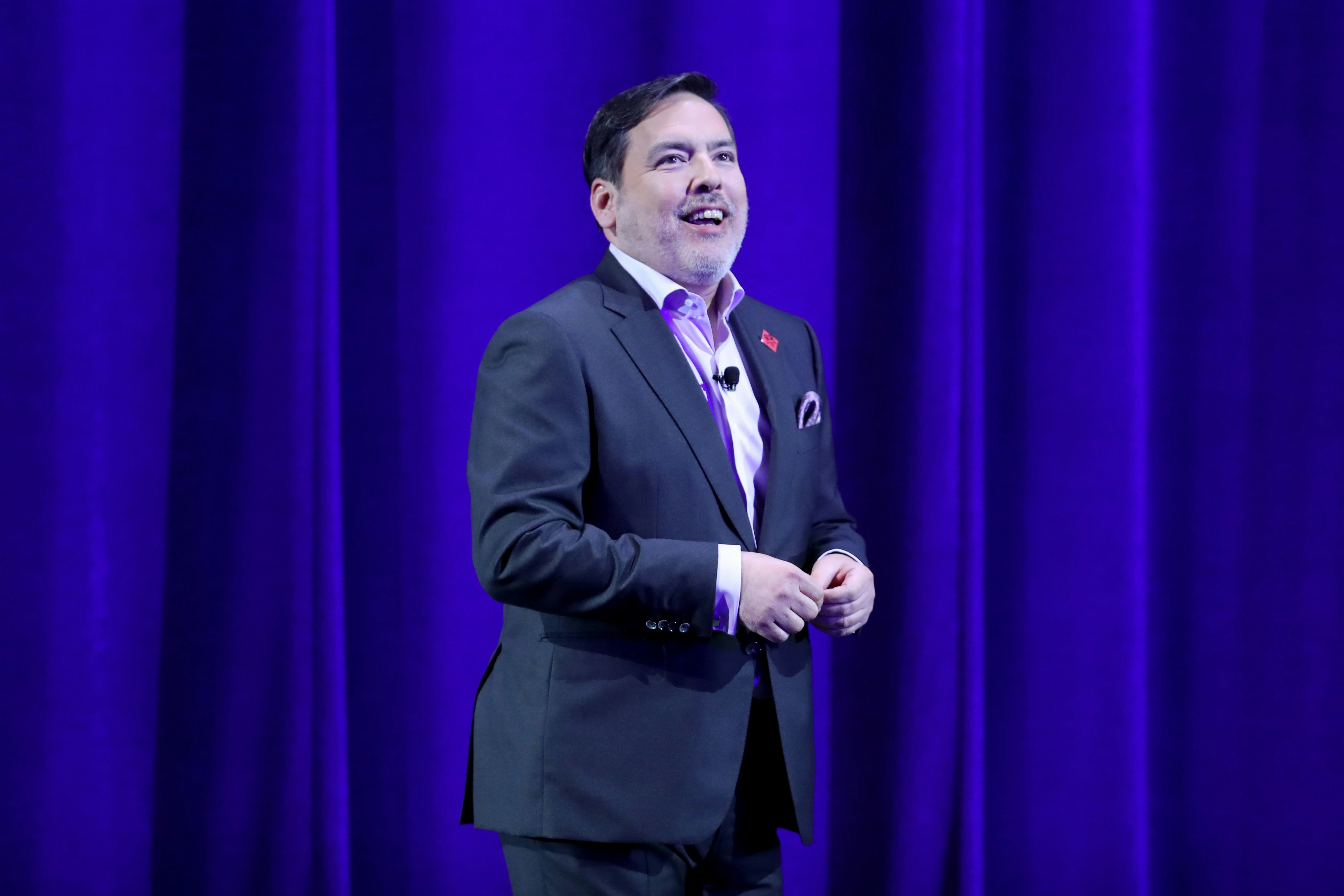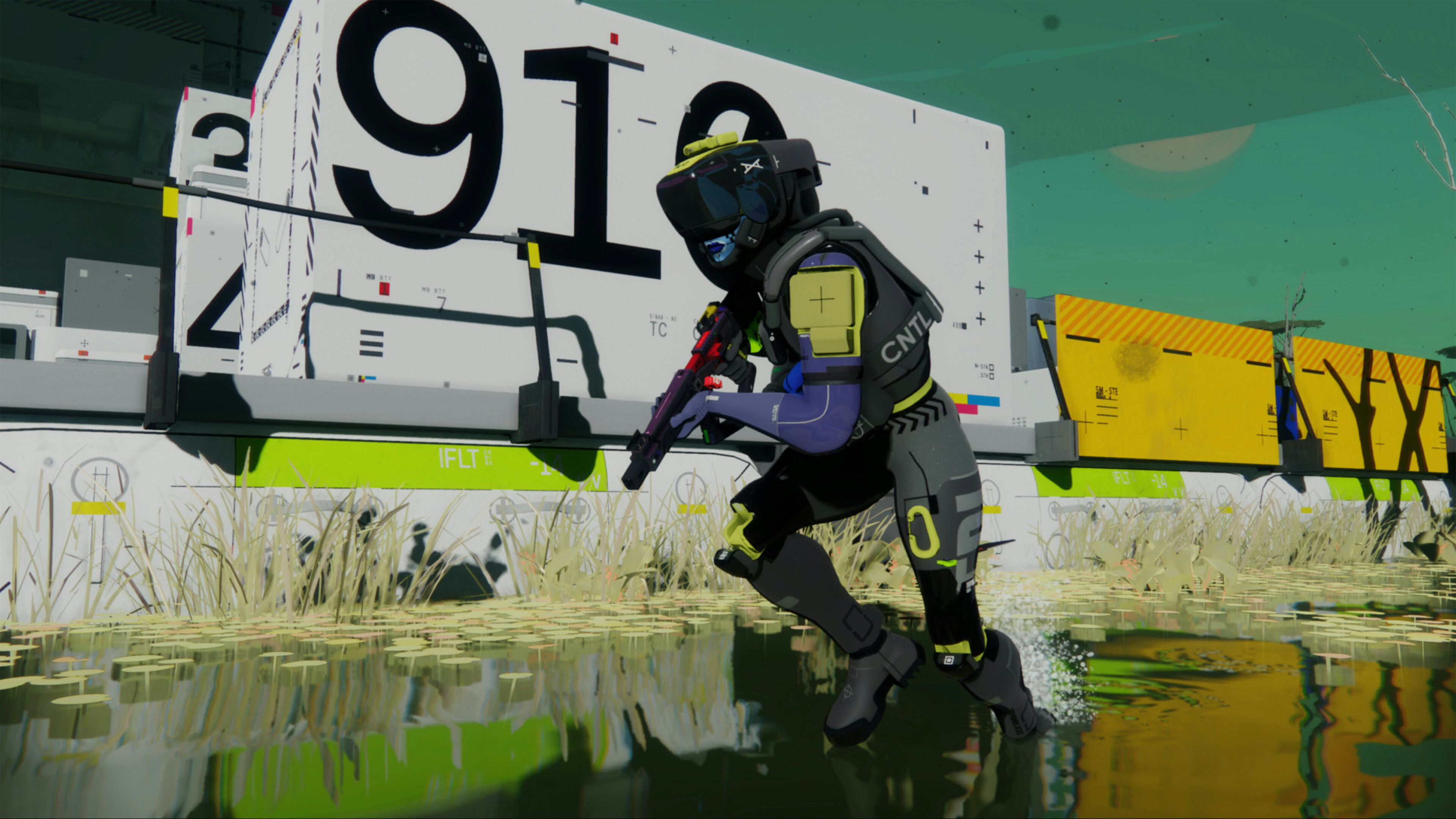
To say it’s hard to keep a live-service game afloat these days would be a massive understatement. Developers across the games industry have tried to put their own spin on ongoing multiplayer games, hoping to either bring something new to the space or just achieve some fraction of the success of games like Fortnite. That’s turned out disastrously for most, and for Sony, which has gone all-in on live-service games in the past couple years, a string of failures has led even a former head of PlayStation Studios to seemingly lose faith in the publisher.
“A live-service game to me isn’t really a game,” Shawn Layden, former PlayStation Studios CEO, told The Ringer. “It’s a repetitive action engagement device.”

During his term at PlayStation Studios, Layden pushed for the company to stick with the singleplayer games it had already proved it was deft at making, like Horizon Zero Dawn, Ghost of Tsushima, and 2018’s God of War. But when Sony insisted that a hard pivot toward live-service games was the way of the future, Layden left in 2019. By 2022, PlayStation CEO Jim Ryan said the company had 12 live-service games in production.
It’s not hard to see why an executive might want to push for such a crowded slate of games. Live-service titles like Fortnite and Grand Theft Auto Online are still ridiculously profitable many years after their release, and if a company like Sony has the money to release a dozen games of their ilk, having even just a few of them hit could be incredibly profitable.
If you’ve been paying attention for the last few years, you’ll know that that’s not at all what’s happened, and Layden isn’t surprised.
“The highway is littered with people wanting to take on Fortnite, with people trying to do Overwatch with different skins,” Layden said.

The only live-service game in Sony’s stable that’s actually worked out so far is Helldivers 2, which Layden himself is responsible for bringing to PlayStation. Among the many more failures are Concord, which was famously pulled from sale and shut down immediately after its launch in 2024, a multiplayer spinoff of The Last of Us, which was cancelled before launch in 2023, and a live-service God of War game, which was reportedly cancelled earlier in 2025. Just this week, MP1st shared images of what it says are environments from the cancelled game, showing Greek-inspired architecture that would suggest the series was going back to its roots for its multiplayer spinoff, after taking on Norse mythology in its most recent singleplayer installments.
“We’re super strong on singleplayer,” Layden recalled thinking of his time at PlayStation Studios. “We have the best narrative in the business.”
It makes some sense, then, that PlayStation would pull from its extremely successful singleplayer games to shore up its live-service plans. If players already have a strong attachment to the worlds of God of War and The Last of Us, that might be a way to get them onboard for a live-service game more than starting from scratch.
Clearly, that strategy hasn’t worked, and within just a few days of The Ringer’s interview with Layden, yet another PlayStation live-service game announced it’s shutting down. Vampire: The Masquerade — Bloodhunt launched in 2022 on Steam and PlayStation 5, and while it was never the most popular battle royale game around, it attracted a fairly devoted group of players in the years since its launch. But on October 27, developer Sharkmob announced that it will be turning off the servers on April 28, 2026 — the date of the game’s fourth anniversary.

PlayStation still has multiple live-service games in production, the biggest of which is Bungie’s Marathon. While having the developer of Destiny 2 on board might once have inspired confidence, the studio has had a rough few years, and Marathon in particular is on shaky ground, with poor reception to a playtest and a scandal over stolen art assets reportedly leaving the development team unsure of its own game.
The problems facing the games industry today go far beyond the live-service gold rush. Developers are undervalued by executives making six figures, who have no problem laying off thousands of people to chase impossible profit goals. A lack of experienced talent means there are fewer mentors left to teach the next generation. Ballooning budgets and timelines have made just about every project a make-or-break moment for all but the most secure studios. But seeing the carnage left in the wake of countless live-service game cancellations, it’s hard to disagree with Layden’s assessment that the promise of huge live-service profits are one of the biggest problems plaguing the industry today.
“It’s like a mirage on the top of a sand dune,” Layden said. “You pursue it. You can’t quite get there. Or if you do get there, what you brought to the party no one wants to play anyway.”







